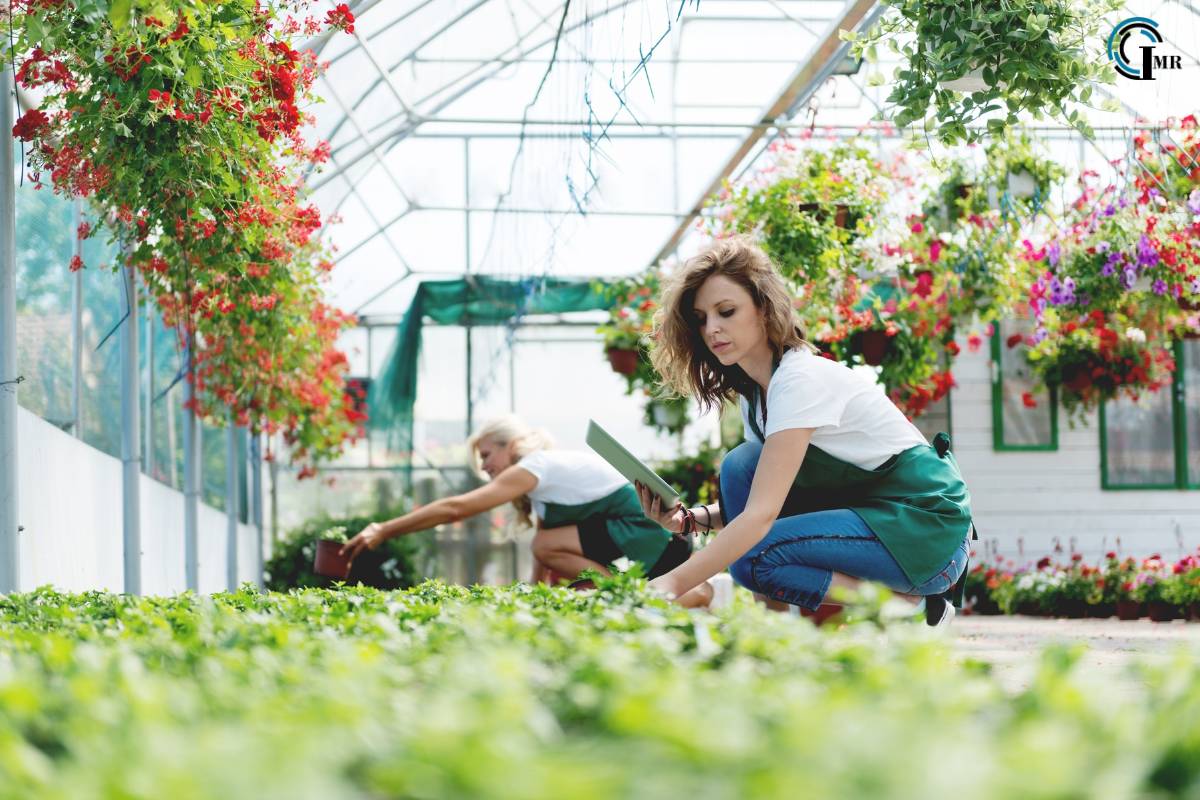
Agriculture and horticulture are fundamental to our food systems and ecosystems, providing essential resources and maintaining environmental balance. While agriculture encompasses a broad spectrum of farming activities, horticulture is a specialized branch focusing on the cultivation of fruits, vegetables, and ornamental plants. Understanding the interplay between agriculture and horticulture is crucial for enhancing productivity, sustainability, and innovation in these fields.
Understanding Agriculture and Horticulture
Agriculture refers to the practice of cultivating soil, growing crops, and raising animals for food, fiber, and other products. It involves a variety of activities including plowing, planting, fertilizing, and harvesting. Agriculture has evolved significantly over centuries, with advancements in technology and methods leading to increased efficiency and yield.
Horticulture, on the other hand, is a subset of agriculture that deals with the cultivation of garden plants, such as vegetables, fruits, nuts, seeds, herbs, sprouts, mushrooms, algae, and non-food crops like flowers and decorative plants. Horticulture emphasizes the management of plant growth and production in smaller, more controlled environments compared to traditional large-scale agriculture.
The Role of Water Treatment in Agriculture and Horticulture
Effective water management is critical for both agriculture and horticulture. Plants require water for various physiological processes, including nutrient uptake and photosynthesis. Thus, the quality and availability of water directly impact plant health and productivity. This is where the water treatment industry plays a vital role.
- Ensuring Water Quality
The water treatment industry is responsible for purifying water to remove contaminants and ensure its suitability for irrigation. In agriculture, this involves treating water from sources such as rivers, lakes, or reservoirs to make it safe for crops. Similarly, in horticulture, clean water is essential for maintaining healthy plants and avoiding diseases. Water treatment technologies such as filtration, sedimentation, and chemical treatment are employed to achieve these goals.
- Optimizing Water Use
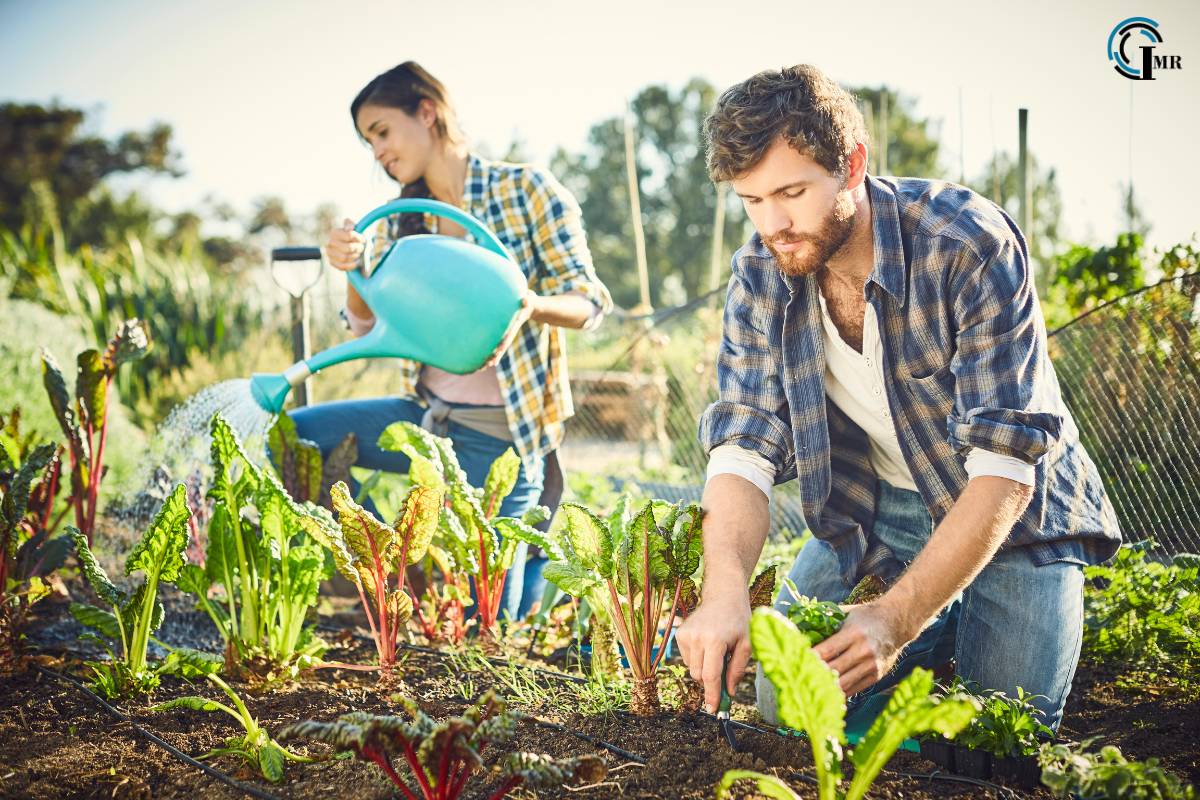
The water treatment industry also contributes to efficient water use through technologies like water recycling and reuse. In agriculture, this can mean treating and reusing wastewater for irrigation purposes. In horticulture, efficient irrigation systems such as drip or sprinkler systems are often integrated with treated water to minimize wastage and maximize plant growth.
- Supporting Sustainable Practices
Both agriculture and horticulture are increasingly adopting sustainable practices. The water treatment industry supports these efforts by providing solutions that reduce water consumption and minimize environmental impact. For instance, advanced treatment methods can help in reclaiming water from various sources, reducing the reliance on freshwater resources.
Innovations in Agriculture and Horticulture
Innovation is a driving force in both agriculture and horticulture. Modern technologies and practices are transforming these fields, making them more efficient and environmentally friendly.
- Precision Agriculture
Precision agriculture involves using technology to monitor and manage crop production. This includes the use of sensors, GPS, and data analytics to optimize planting, watering, and harvesting. By integrating precision agriculture techniques, farmers can increase yields, reduce resource usage, and enhance sustainability.
- Vertical Farming
Vertical farming is a revolutionary concept in horticulture that involves growing plants in stacked layers or vertical structures. This method conserves space and resources, making it ideal for urban environments. Vertical farms often use hydroponics or aeroponics systems, which can benefit from advanced water treatment to ensure optimal plant growth.
- Genetic Engineering
Genetic engineering and biotechnology have introduced new possibilities in agriculture and horticulture. Through genetic modifications, plants can be engineered for improved resistance to pests, diseases, and environmental stresses. This enhances productivity and reduces the need for chemical interventions.
- Smart Irrigation Systems
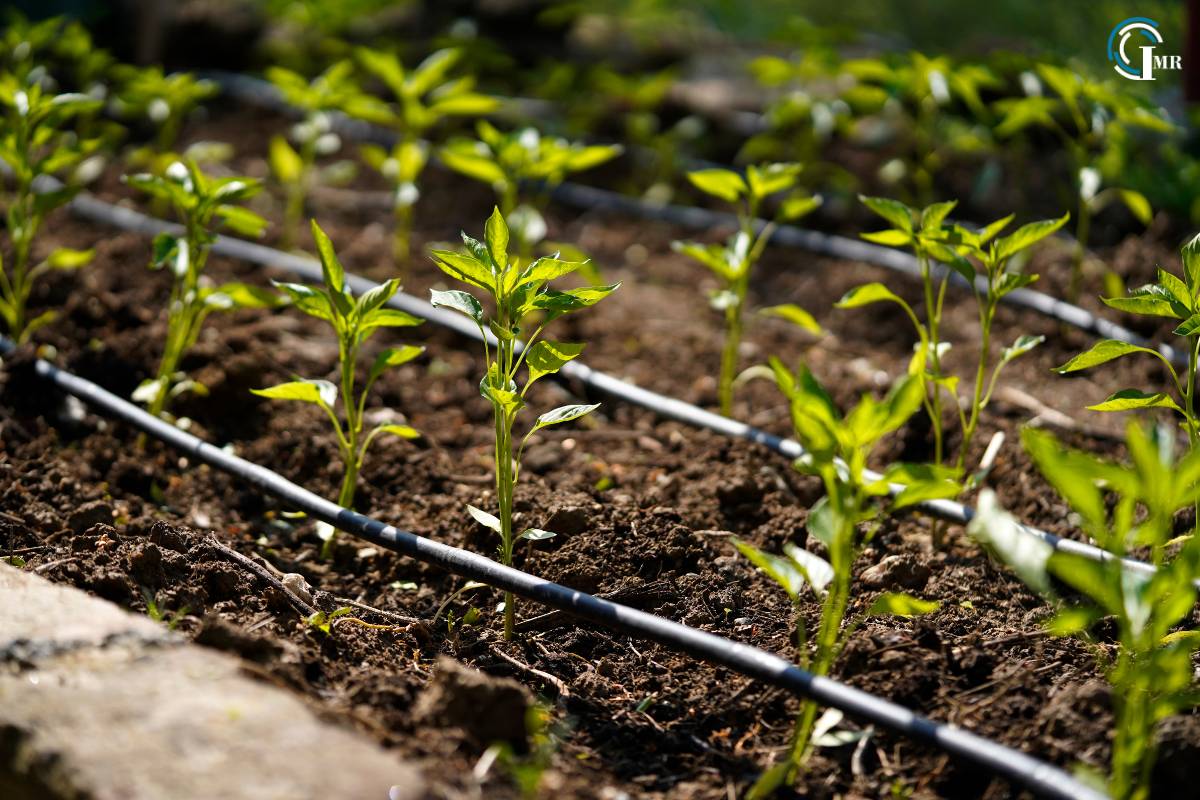
Smart irrigation systems leverage technology to deliver water precisely where and when it is needed. These systems use sensors and weather data to adjust watering schedules and amounts, ensuring efficient use of water resources. The water treatment industry supports these systems by providing treated water that meets the quality standards required for optimal plant health.
Challenges in Agriculture and Horticulture
Despite advancements, both agriculture and horticulture face several challenges:
- Water Scarcity
Water scarcity is a significant concern for both fields. As climate change and population growth put pressure on water resources, finding sustainable solutions is crucial. The water treatment industry is at the forefront of addressing this challenge by developing technologies to enhance water availability and quality.
- Soil Degradation
Soil degradation due to overuse, erosion, and pollution can impact agricultural productivity. Sustainable soil management practices and innovations in soil treatment are essential for maintaining soil health and fertility.
- Pest and Disease Management
Managing pests and diseases is a constant challenge in both agriculture and horticulture. Integrated pest management strategies, including biological controls and resistant plant varieties, are important for minimizing the impact of pests and diseases.
Future Directions in Agriculture and Horticulture
Looking ahead, several trends are likely to shape the future of agriculture and horticulture:
- Sustainable Practices
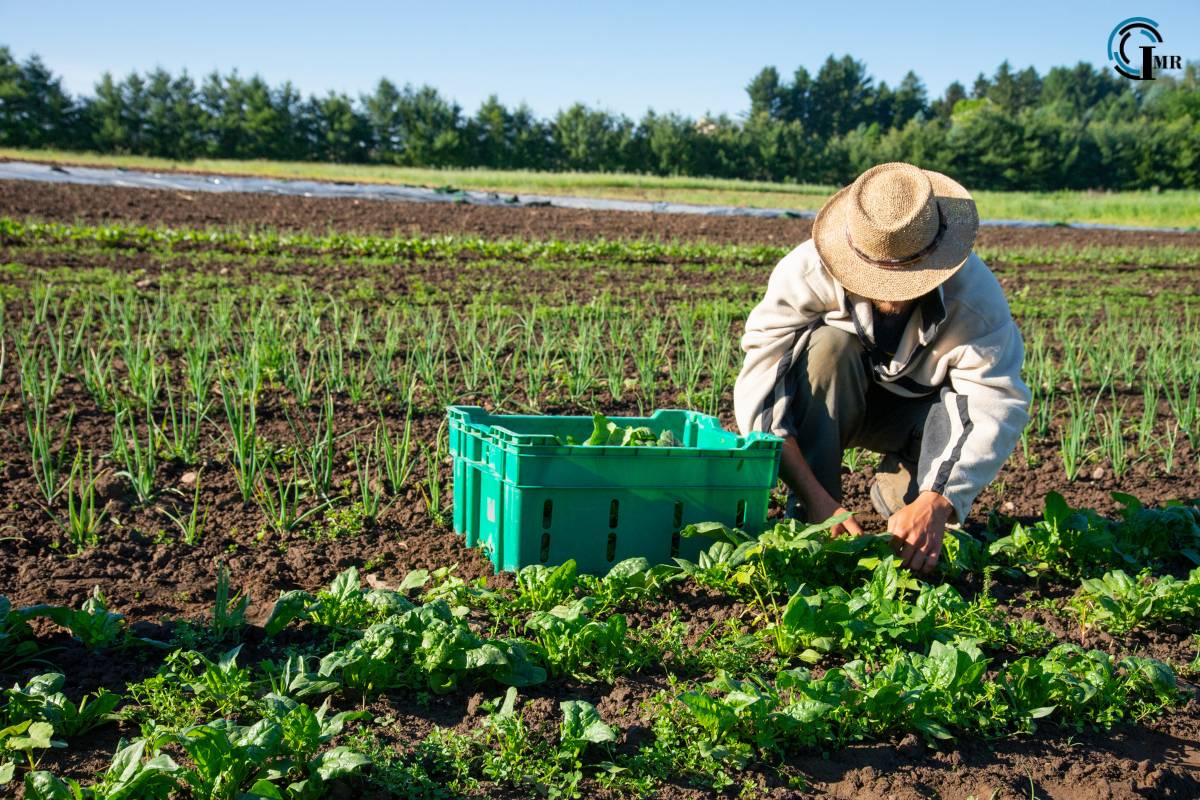
The shift towards sustainable practices will continue to gain momentum. This includes the adoption of organic farming, reduced use of synthetic chemicals, and sustainable water management practices.
- Technological Integration
The integration of advanced technologies, such as artificial intelligence and blockchain, will further enhance efficiency and transparency in agriculture and horticulture. These technologies can provide real-time data, improve decision-making, and streamline supply chains.
- Climate Resilience
Developing climate-resilient crops and farming practices will be crucial in addressing the challenges posed by climate change. Research and innovation will focus on creating plants that can withstand extreme weather conditions and variable climates.
- Global Collaboration
Addressing global challenges in agriculture and horticulture will require collaboration across borders. Sharing knowledge, resources, and technologies will help tackle issues such as food security and environmental sustainability.
Conclusion
Agriculture and horticulture are essential to our daily lives, providing the food and resources we rely on. The role of the water treatment industry in supporting these fields cannot be overstated, as clean and efficient water management is vital for plant health and productivity. By embracing innovation, addressing challenges, and fostering sustainable practices, we can ensure the continued success and resilience of agriculture and horticulture in the years to come.
As we move forward, the collaboration between agriculture, horticulture, and the water treatment industry will be key to achieving a balance between productivity, sustainability, and environmental stewardship.




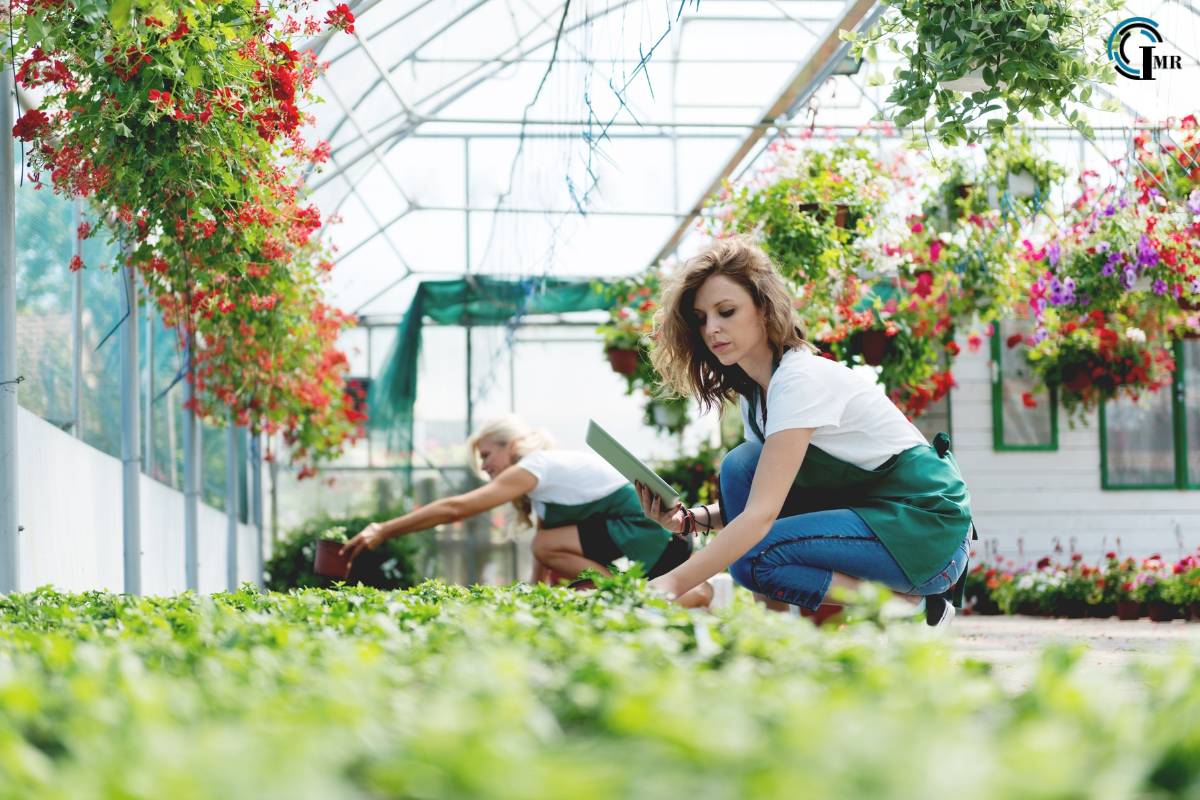
Comments